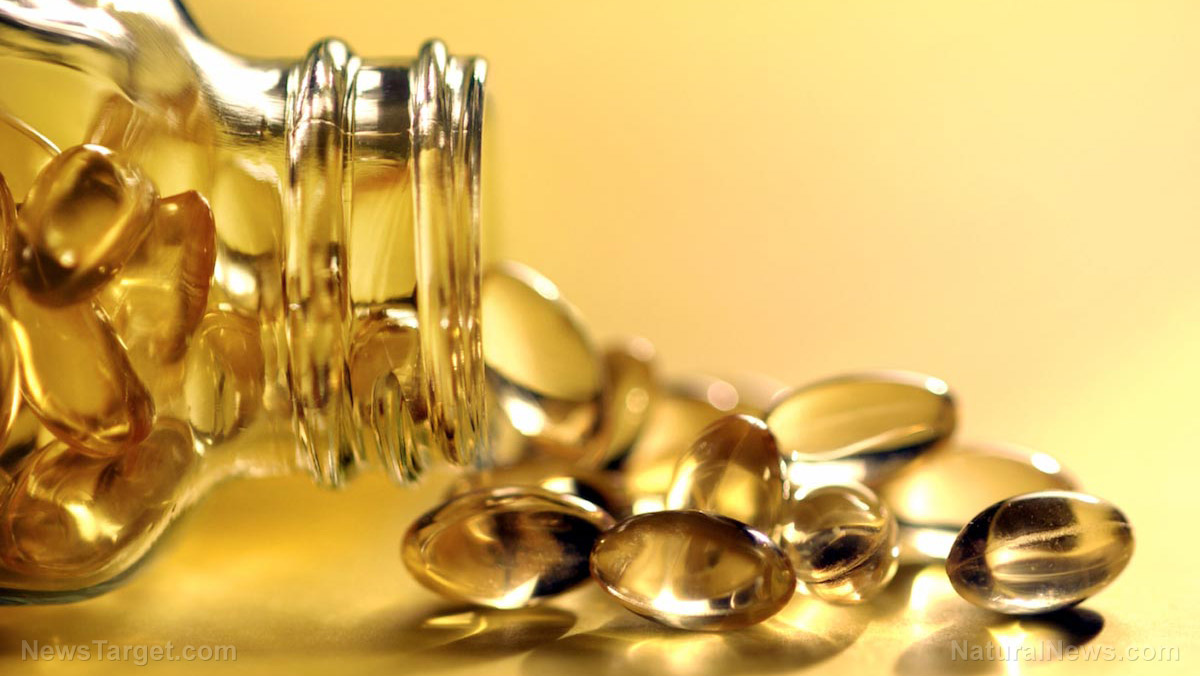Natural solution for damage done by chemo: Omega 3s found to treat wounds from inflamed mucous membranes in cancer patients
07/13/2018 / By Ralph Flores

Omega-3 fatty acids can be used to treat and prevent oral mucositis in patients undergoing mucotoxic cancer chemotherapy. The double-blind, randomized study, published in the journal Wounds, detailed the effectiveness and route of administration of omega-3 fatty acids in patients receiving chemotherapy in Iranian hospitals.
Mucositis is characterized by soreness or swelling in the mouth which can result in painful ulcers in the area. The condition is a common side effect of chemotherapy drugs used in cancer treatment. In particular, mucositis is prevalent in patients undergoing high-dose chemotherapy, and 80 percent of individuals with head and neck cancers. Aside from the formation of ulcers, people with mucositis experience severe pain, an increased risk of local and systemic infections, dysfunction, and bleeding from the mouth, oral cavity and pharynx – all of which could affect a person’s quality of life. In some cases, the condition can lead to complications such as septicemia. It can also be an economic burden, as it prolongs hospital stays to heal and manage the pain and other conditions.
The main focus of traditional cancer treatment is to inhibit the condition, with little emphasis given to situations that come out of it. Mucositis, in particular, has no specific treatment; current practices aim to reduce infections until the area is healed.
Earlier studies have shown that omega-3 fatty acids can be used effectively in wound treatment. In particular, animal tests have indicated that omega-3 fatty acids improve the healing time for skin burn in both healthy and diabetic samples, and had a positive effect on oral wound recovery in rats. Moreover, clinical trials have revealed that omega-3 fatty acids can be used to aid the healing of stomach and duodenal ulcers in patients. Authors believe that this is because fatty acids increase the production of “pro-inflammatory cytokines” in the wounded area, allowing it to be used safely in wound healing. (Related: Omega-3 fats lower systemic inflammation to slash cancer and heart disease risks.)

The authors noted that there is no definitive examination of the effect of omega-3 fatty acids in mucositis; thus the need for the study. To evaluate their theory, they conducted a randomized trial using patients that had grade 1 oral mucositis. The group was divided into those that would receive the omega-3 fatty acid and those that would receive a placebo. At the time of the trials, the patients were under the initial chemotherapy stage and had not received any radiation therapy. Patients had been examined prior the trial, and they underwent follow-up examinations on a weekly basis.
Results indicated that patients who were given omega-3 fatty acids experienced less pain than those in the placebo group. In addition, people who were given omega-3 fatty acids had significantly lower severity of mucositis compared to those in the placebo group.
Those in the omega-3 group recovered quicker as well. On average, the mucositis lasted for 5.5 days in the omega-3 group, while the control group needed at most 16 days before they recovered from the condition. That meant that those in the omega-3 group were able to eat better than those in the placebo group. Irritation sores from mucositis were also noted to be significantly different in both groups as well.
The authors of the study concluded: “According to the findings in this study, omega-3 fatty acids in oral form have a significant effect on wound healing induced by oral mucositis.”
Get updated with the latest news about cancer by reading Cancer.news today.
Sources include:
Submit a correction >>
Tagged Under:
cancer, disease causes, disease treatments, natural cures, natural healing, natural medicine, natural remedies, omega-3 fatty acids, oral mucositis, prevention
This article may contain statements that reflect the opinion of the author




















